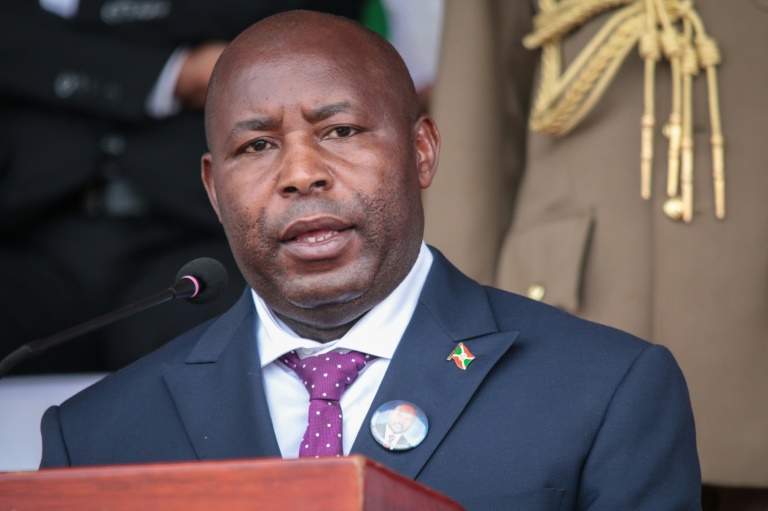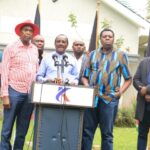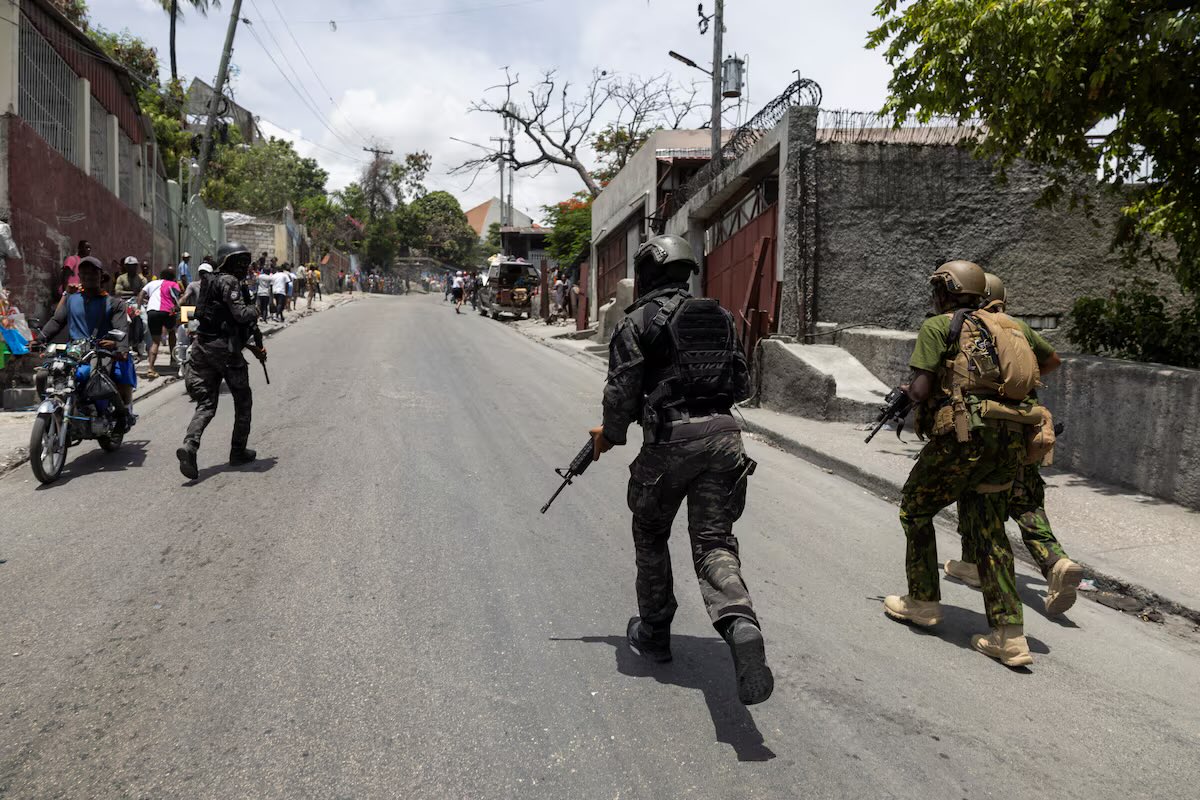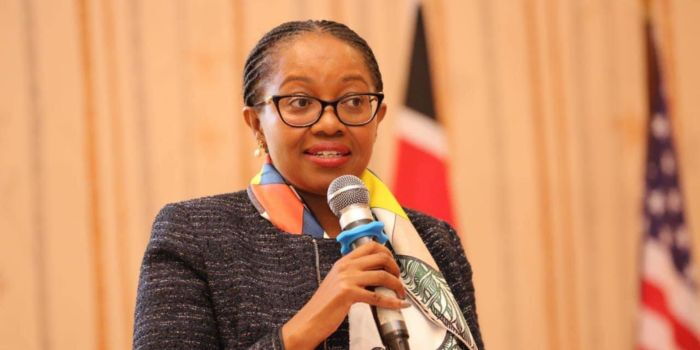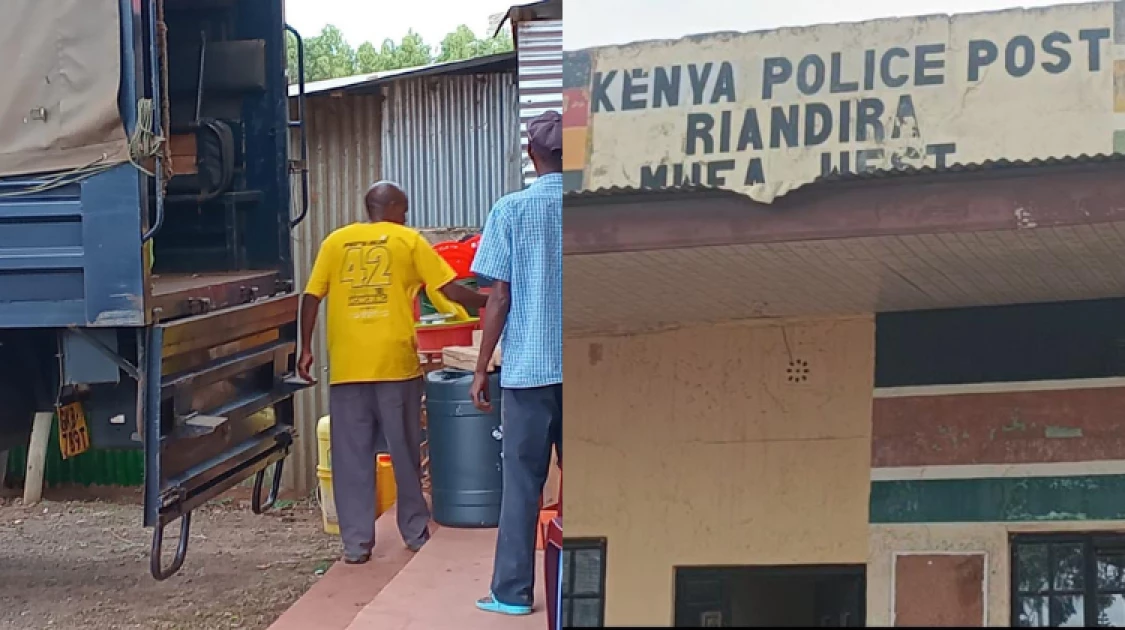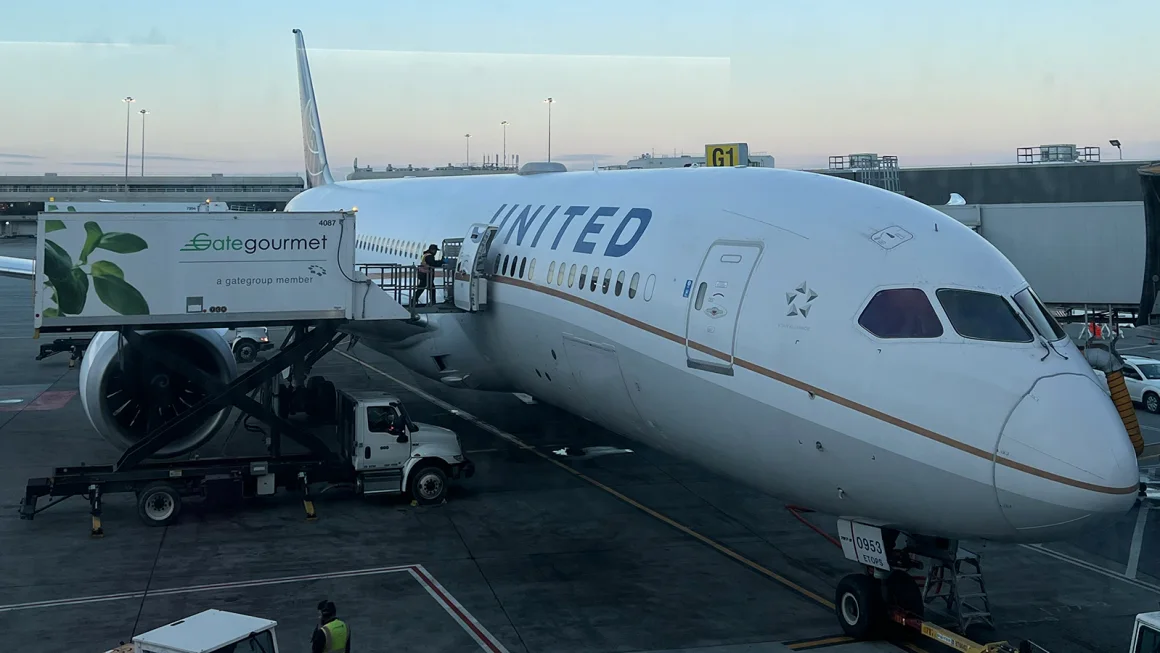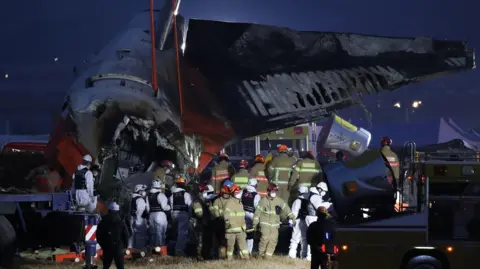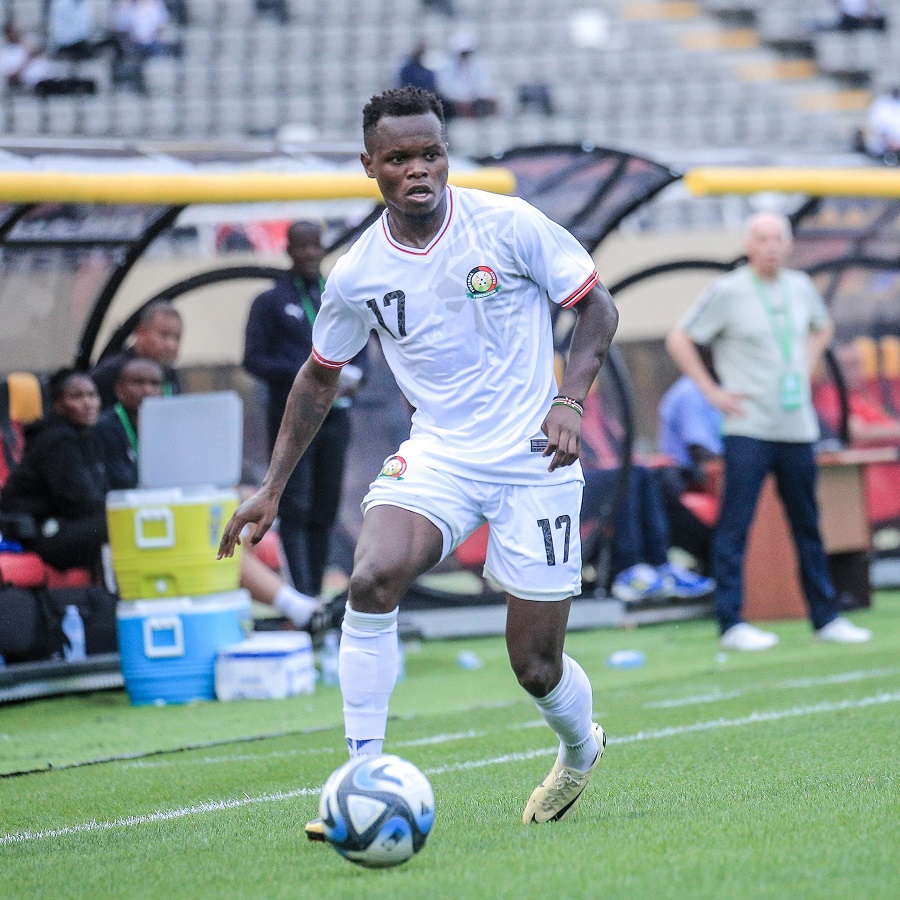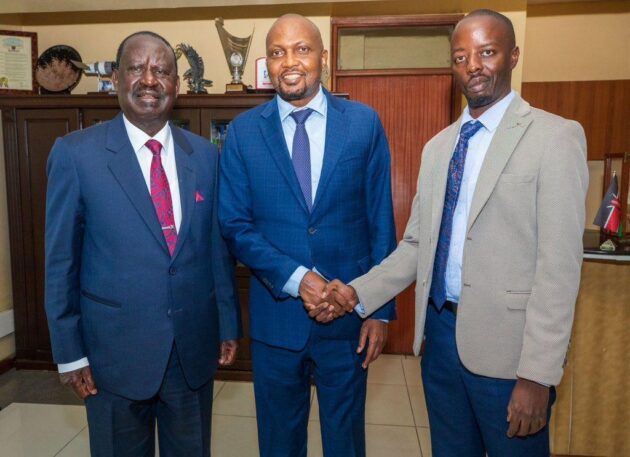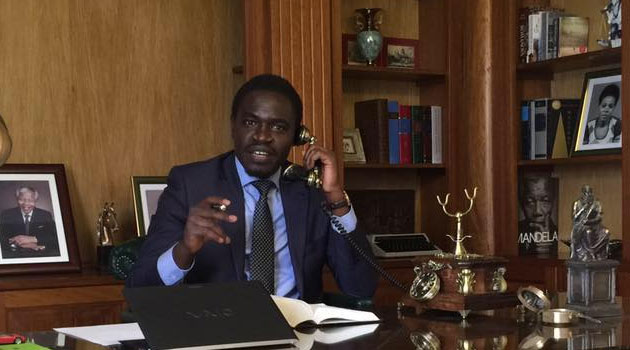Burundi’s President Évariste Ndayishimiye has sounded the alarm over what he claims are credible threats of an attack by neighboring Rwanda. Speaking in an exclusive interview with the BBC, Ndayishimiye alleged that Kigali is actively working to destabilize Burundi, much like it has been accused of doing in the Democratic Republic of Congo (DRC).
Ndayishimiye further asserted that Rwanda had played a role in a failed coup attempt against Burundi’s government in 2015. According to him, Rwanda trained and armed dissidents, some of whom remain under Kigali’s protection. He called for accountability, urging Rwanda to extradite those responsible.
Rwanda Denies Allegations
Rwanda has dismissed these claims as baseless, terming them “surprising.” Kigali insists that both nations have been collaborating on border security, despite their shared border being closed for over a year.
This escalating war of words comes amid growing tensions in the Great Lakes region. Rwanda has repeatedly denied backing the notorious M23 rebel group, which has seized vast territories in eastern DRC. However, UN reports suggest strong links between Rwanda and M23. Similarly, Burundi accuses Rwanda of supporting the Red Tabara rebel group, a faction responsible for recent attacks inside Burundi.
Burundi Calls for Dialogue, Warns of Retaliation
President Ndayishimiye maintained that Burundi prefers diplomacy over conflict but warned that his country would defend itself if provoked. “We will not allow ourselves to be victims like the Congolese people,” he declared. “Burundians are fighters.”
While advocating for peace, Ndayishimiye called on Rwanda to honor previous agreements aimed at fostering stability. He believes that if Rwanda hands over fugitives linked to the 2015 coup, tensions could ease significantly.
DRC Conflict
Beyond the Burundi-Rwanda standoff, the conflict in DRC continues to rage. Ndayishimiye attributes much of the turmoil to external forces exploiting the country’s mineral wealth. “The crisis in the DRC is not about the people—it’s about the minerals,” he remarked.
Thousands of Congolese refugees have fled into Burundi, seeking safety from escalating violence. Some have resorted to crossing the perilous Rusizi River, risking their lives in search of refuge. Tragically, a three-year-old child was among those who perished during the dangerous journey.
Despite the humanitarian crisis, Ndayishimiye denied claims that Burundi has closed its border with the DRC. “If they got into Burundi, then how can they say the border is closed? They are free to return whenever they choose,” he responded.
A Call for Regional Stability
As the situation in the region remains fragile, Ndayishimiye insists that the international community must expand its peacekeeping mandate in the DRC. He reaffirmed that Burundi would not withdraw its troops from the DRC until its borders are secure.
Meanwhile, the withdrawal of Southern African Development Community (SADC) forces from eastern DRC raises fresh concerns about the region’s stability. With multiple actors vying for control and deep-seated political grievances, the road to lasting peace remains uncertain.
